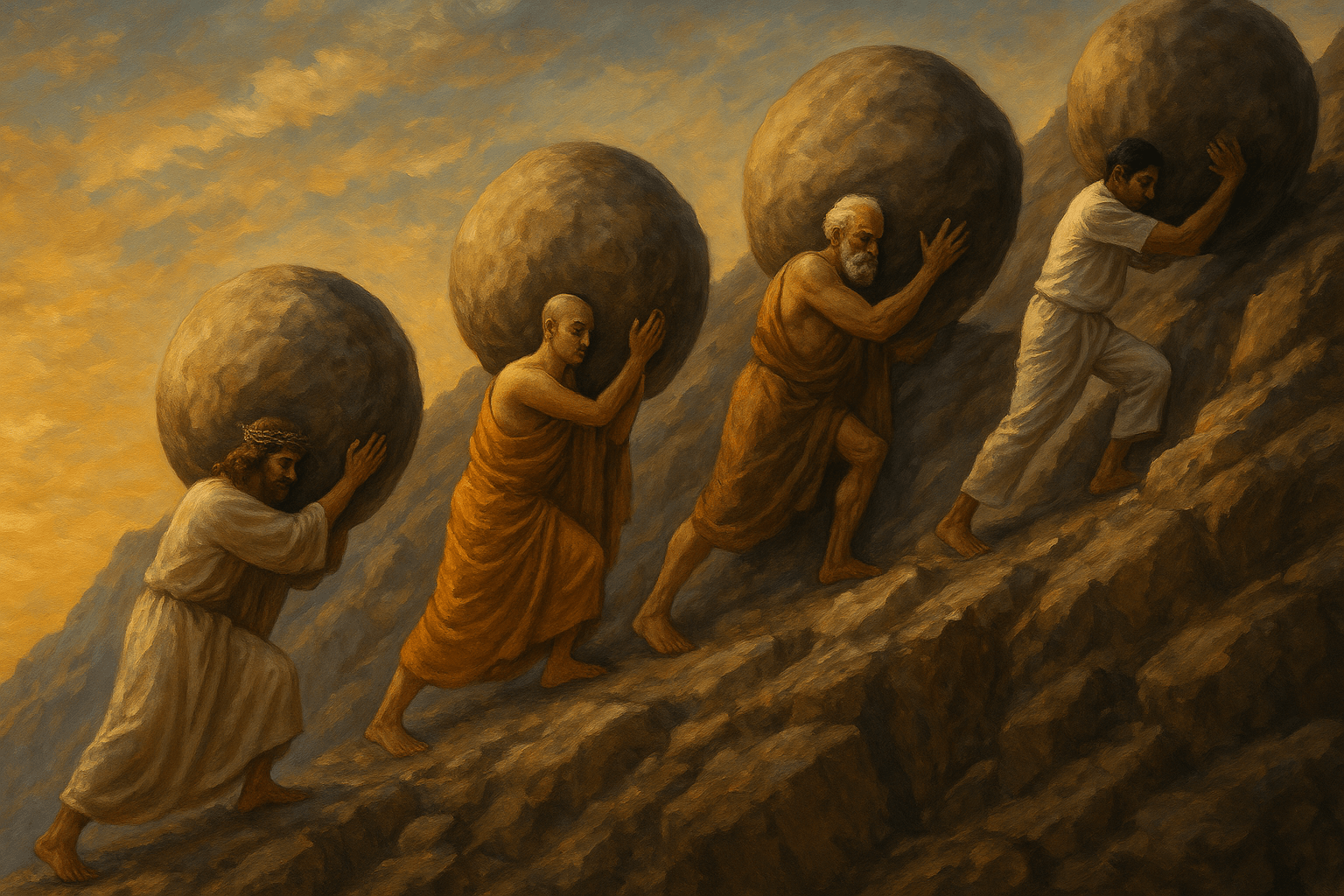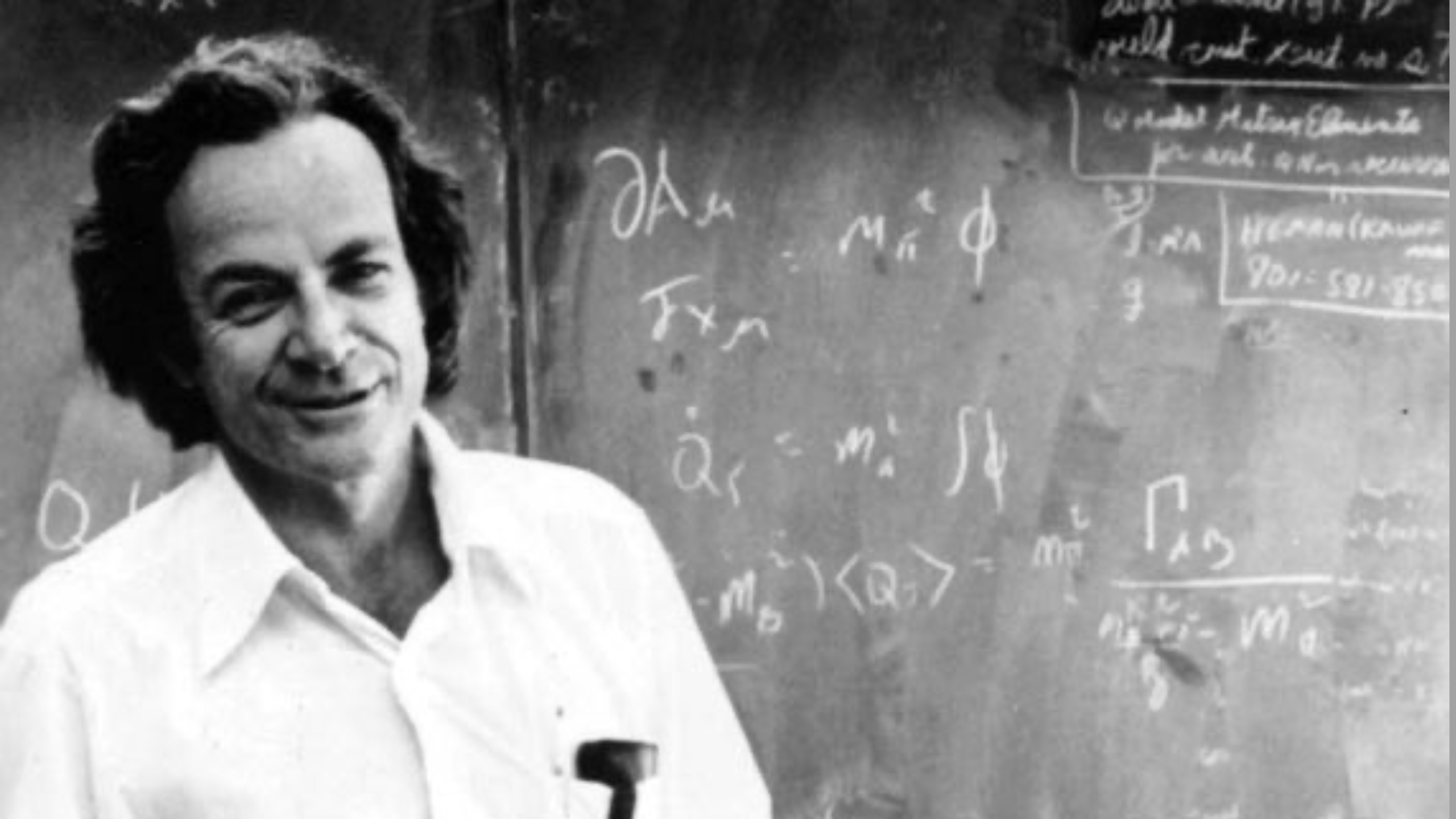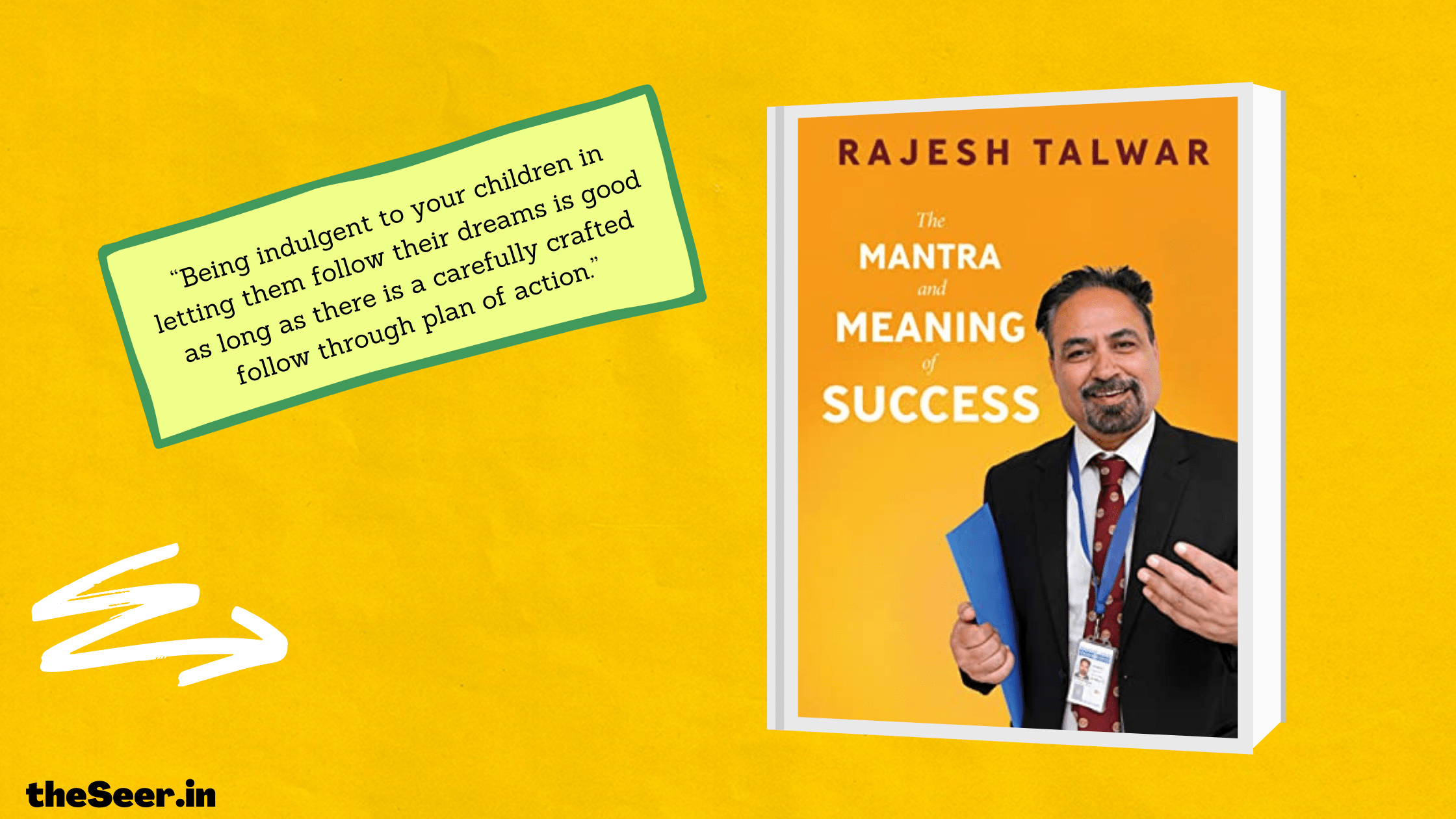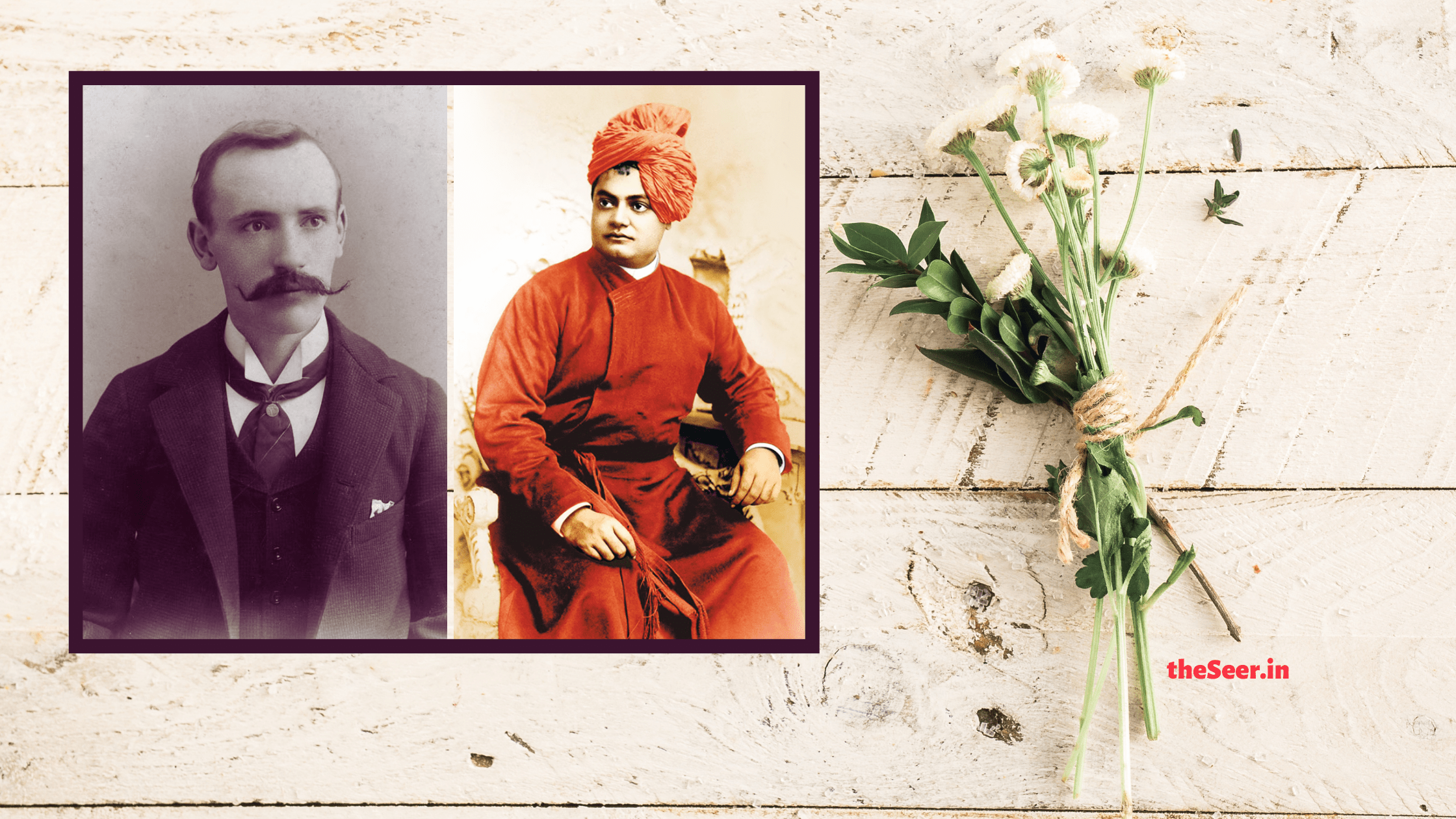A man comes to get his family back to where he wants to build his future with them. Tickets sorted, luggage packed, web check-in done, security cleared, boarding completed—a customary selfie, snapped. The plane takes off for about 3-4 minutes until it doesn’t and comes crashing down. News flashes on our mobile and television screens. Content-creators start playing to the tunes of social media algorithms to get more reach and followers. We ask ourselves – what’s the meaning of life?
What’s the meaning of life? Is that the most meaningless question humanity has ever asked itself? Is the question nothing more than self-indulgence, hovering over the boundary between self-awareness and vulgar narcissism, flimsily wrapped inside a philosopher’s cloak to create a façade of being the most important question ever asked in the history of humanity? Maybe.
There have been thinkers, philosophers, and authors who have thought and written about the meaning of life. Fortunately, a respectable corpus of literature is available on the meaninglessness of life as well. The Outsider by Albert Camus is a brief but powerful story of a man going through the motions of life as any other ordinary human being. The events of his life can’t be defined as extraordinary, heroic, or tragic. Camus masterfully constructs a gaze that doesn’t expect anything, least of all the extraordinary, from his narrator or the protagonist. The story faithfully mimics life where everyone is the protagonist of their own life but merely a bystander in everyone else’s. Unless an external gaze starts expecting you to act in a certain way, there isn’t anything particularly right or wrong about your life. Often, we succumb to this external gaze, an image that the world around us projects for us and wants us to conform to. We go about indexing, tagging, and storing the events and actions of our lives as per the definitions determined by this gaze. The question ‘what’s the meaning of life’ is perhaps the mother of this gaze that gets further propagated by tales of heroism and shame, books on vigilantes and traitors, movies around the action and the romantic hero archetypes, or content on social media memes and reels.
While we do find such ideas coming from authors like Albert Camus, Franz Kafka, Samuel Beckett, and several others – when they confront us with their contemplations on the subject, the question about the meaning of life or the meaninglessness of it appears before us with its fangs out in open and swinging over our belief system only when we see or experience death up-close. Whether it’s the death of a parent, sibling, child, or an accident like a plane crash where many people perish at once, a riot, an earthquake, or a flood where many lose their lives, or when we go through near-death experience or have a close escape – the question of inherent absurdity of life dawns on us. However, if one looks at it closely, it’s the absurdity of life that one is talking about and not only of death. Death is absurd, for sure, but what makes it absurd is the absurdity of life itself. It’s the absurdity of our daily lives that should take more of our attention than death. A person is born, grows up, goes through formal schooling and higher education, must wrestle through countless challenges. Another person is born, grows up without formal education, and faces his own set of struggles. Another person is born but doesn’t live long enough to grow up, let alone ponder questions of absurdity of life. And yet another – doesn’t even get to leave the womb.
It’s not the end of this life that necessarily defines its meaninglessness. Paradoxically, death might be the only event of life that lends life a trace of meaning. It’s in the life itself, the Sisyphean life, us pushing the boulder up the mountain, watching it tumble down, and rising to push once more– where we see true absurdism or meaninglessness of life. While Camus tell us to imagine Sisyphus as being happy doing what he is doing, and that the answer to absurdism is not suicide or resignation but rebellion, how does one find happiness in an endless, purposeless labor?
Perhaps the only way to do that is to look at Sisyphus as a hero and assign meanings to the boulder – responsibilities, family, love, or career. Or we turn Sisyphus into a Christ, and nail him to a cross for our sins, redeeming our own absurd lives through his sacrifice.
























